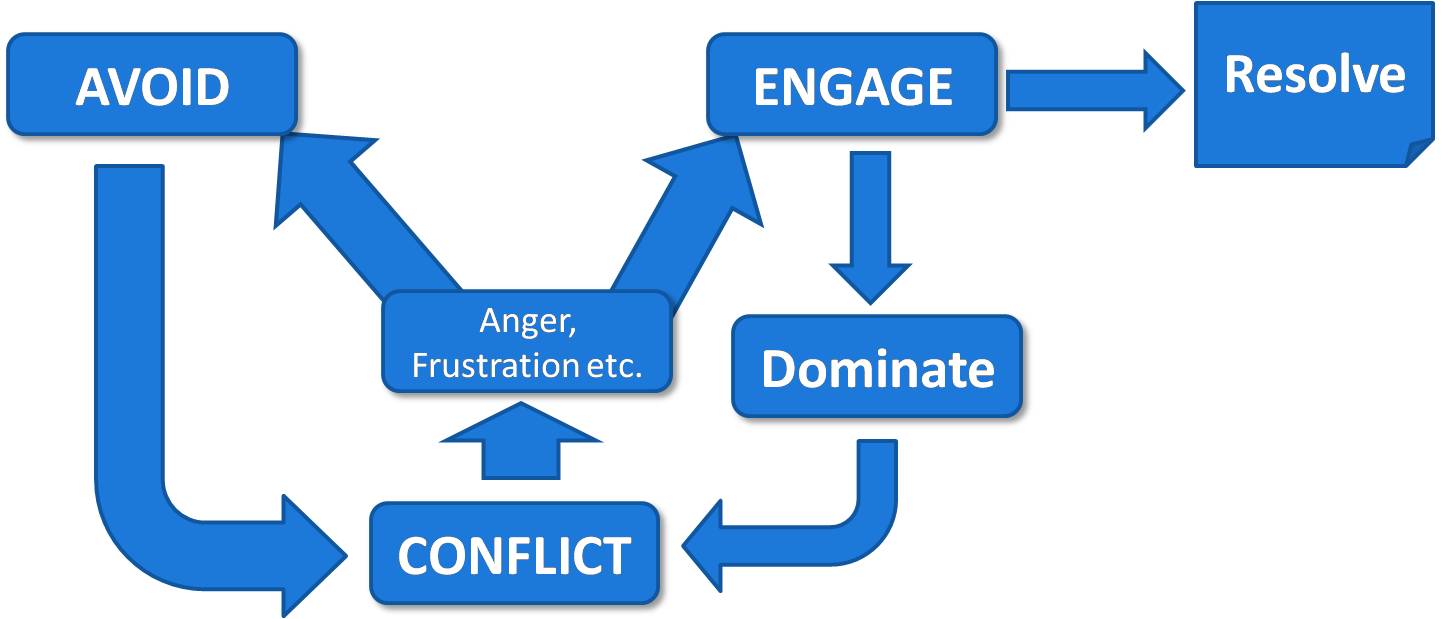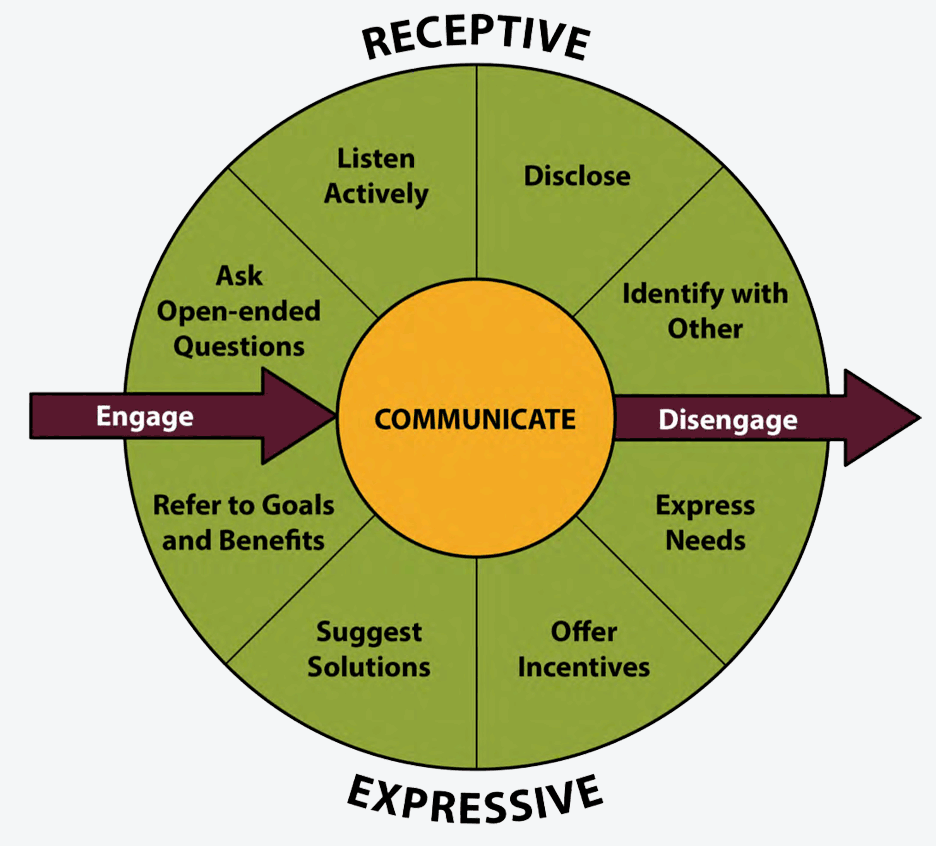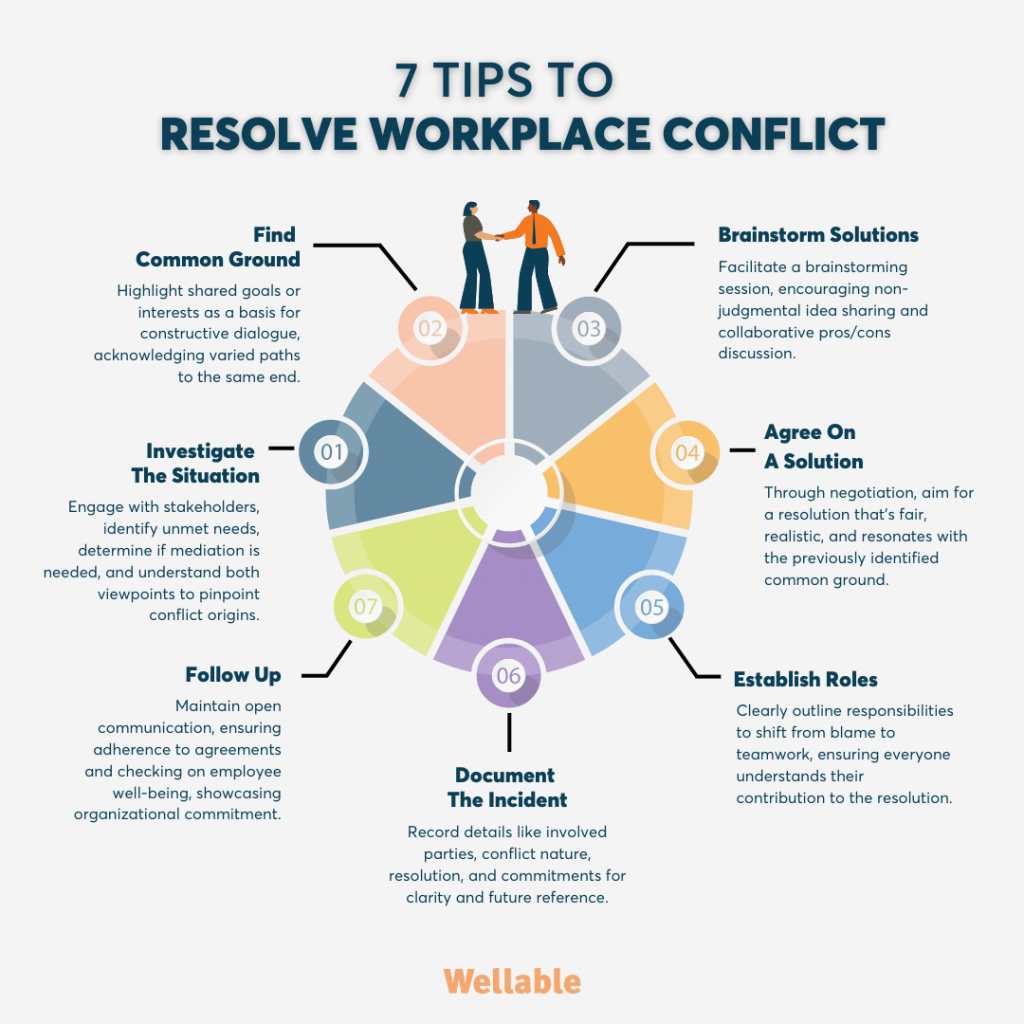Communication Techniques To Resolve Conflict

Conflict resolution is critical to maintaining healthy relationships and productive environments. Mastering effective communication techniques is paramount in navigating disagreements and fostering understanding.
This article outlines key communication strategies proven to de-escalate conflict and promote collaborative solutions in various settings. These techniques emphasize active listening, clear articulation, and emotional intelligence.
Active Listening: Hear to Understand
Active listening is the foundation of successful conflict resolution. It involves fully concentrating on what the other person is saying, both verbally and nonverbally.
Practice reflective listening, which entails summarizing and paraphrasing the speaker's message to ensure comprehension. Avoid interrupting or formulating your response while the other person is still speaking.
Demonstrate empathy by acknowledging the speaker's feelings, even if you don't agree with their perspective.
Clear and Assertive Communication: State Your Needs Respectfully
Express your thoughts and feelings clearly and assertively, without resorting to aggression or passive-aggression. Use "I" statements to take ownership of your emotions and avoid blaming the other person.
For example, instead of saying "You always interrupt me," try "I feel frustrated when I'm interrupted because I have a hard time getting my point across."
Be specific about your needs and expectations, and avoid making assumptions about the other person's intentions.
Emotional Intelligence: Manage Your Reactions
Emotional intelligence plays a crucial role in conflict resolution. Recognize and manage your own emotions, especially when feeling defensive or triggered.
Take a break if you feel yourself becoming overwhelmed or unable to communicate effectively. It is better to pause the discussion and come back to it later when you are calmer.
Be aware of your nonverbal cues, such as facial expressions and body language, as they can significantly impact the tone of the conversation.
Empathy and Perspective-Taking: See the Other Side
Try to understand the other person's perspective, even if you don't agree with it. Consider their background, experiences, and motivations.
Ask clarifying questions to gain a better understanding of their point of view. Demonstrate empathy by acknowledging their feelings and validating their concerns.
According to a study by the Harvard Business Review, empathetic leaders are more likely to resolve conflicts effectively and build stronger teams.
Finding Common Ground: Seek Collaborative Solutions
Focus on finding common ground and shared goals. Instead of focusing on differences, identify areas where you can agree.
Brainstorm potential solutions together, and be open to compromise. The goal is to find a solution that meets the needs of both parties.
Document agreements in writing to avoid misunderstandings later on.
De-escalation Techniques: Cool Down the Situation
In tense situations, prioritize de-escalation. Speak in a calm and neutral tone, and avoid raising your voice.
Use humor appropriately to lighten the mood, but avoid sarcasm or making light of the other person's feelings.
Acknowledge the other person's anger or frustration, and validate their right to feel that way.
When to Seek Outside Help
Sometimes, conflicts are too complex or emotionally charged to resolve on your own. In such cases, seeking the help of a neutral third party is advisable.
Consider mediation, where a trained mediator facilitates communication and helps the parties reach a mutually agreeable solution. A mediator can provide guidance and ensure a fair process.
If the conflict involves serious issues such as harassment or discrimination, it may be necessary to involve HR or other relevant authorities.
Continual practice and refinement of these communication techniques are essential for navigating conflict effectively and building stronger relationships. Seeking training or workshops on conflict resolution can further enhance your skills.
Organizations like the American Arbitration Association (AAA) offer valuable resources and training programs for individuals and businesses. Staying informed about the latest research and best practices in conflict resolution is crucial for fostering positive and productive environments.
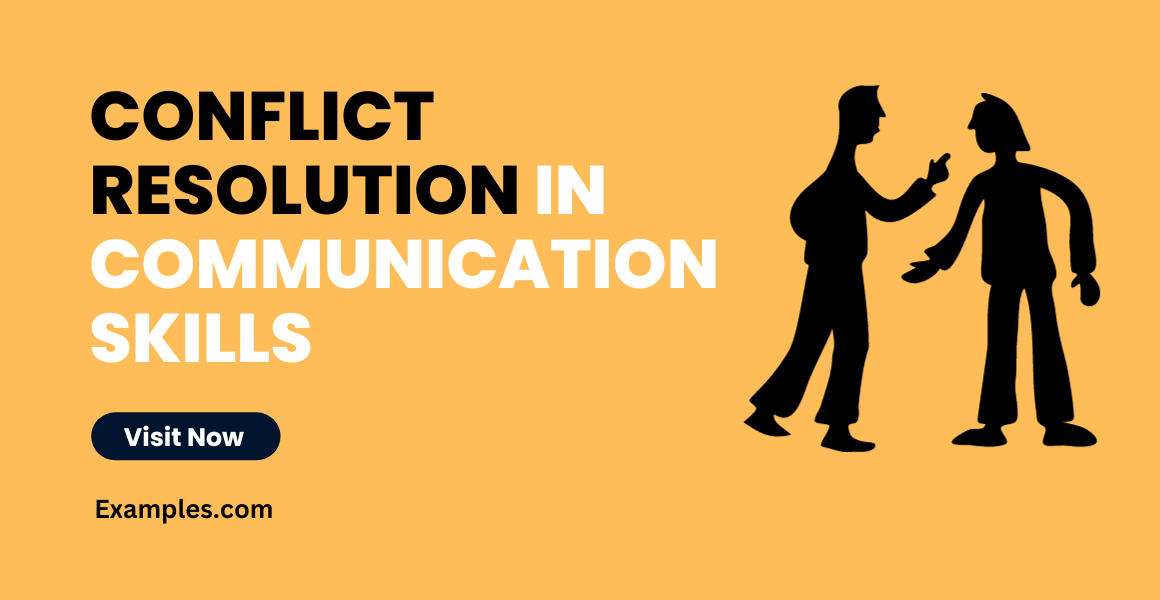
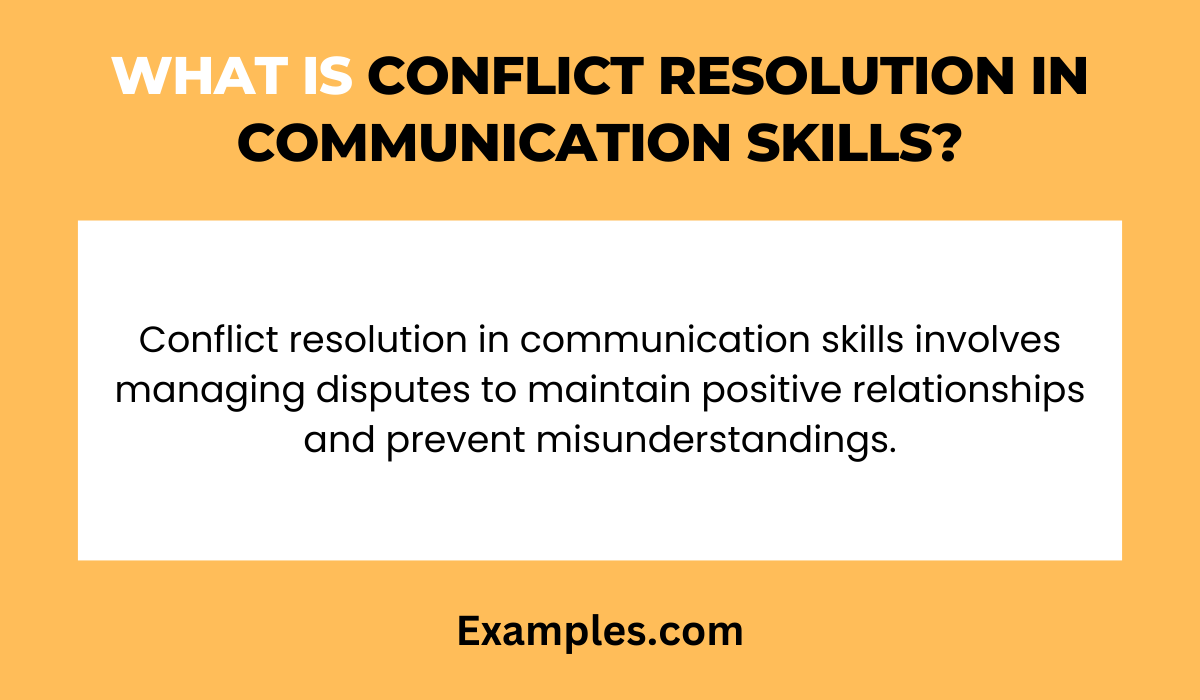

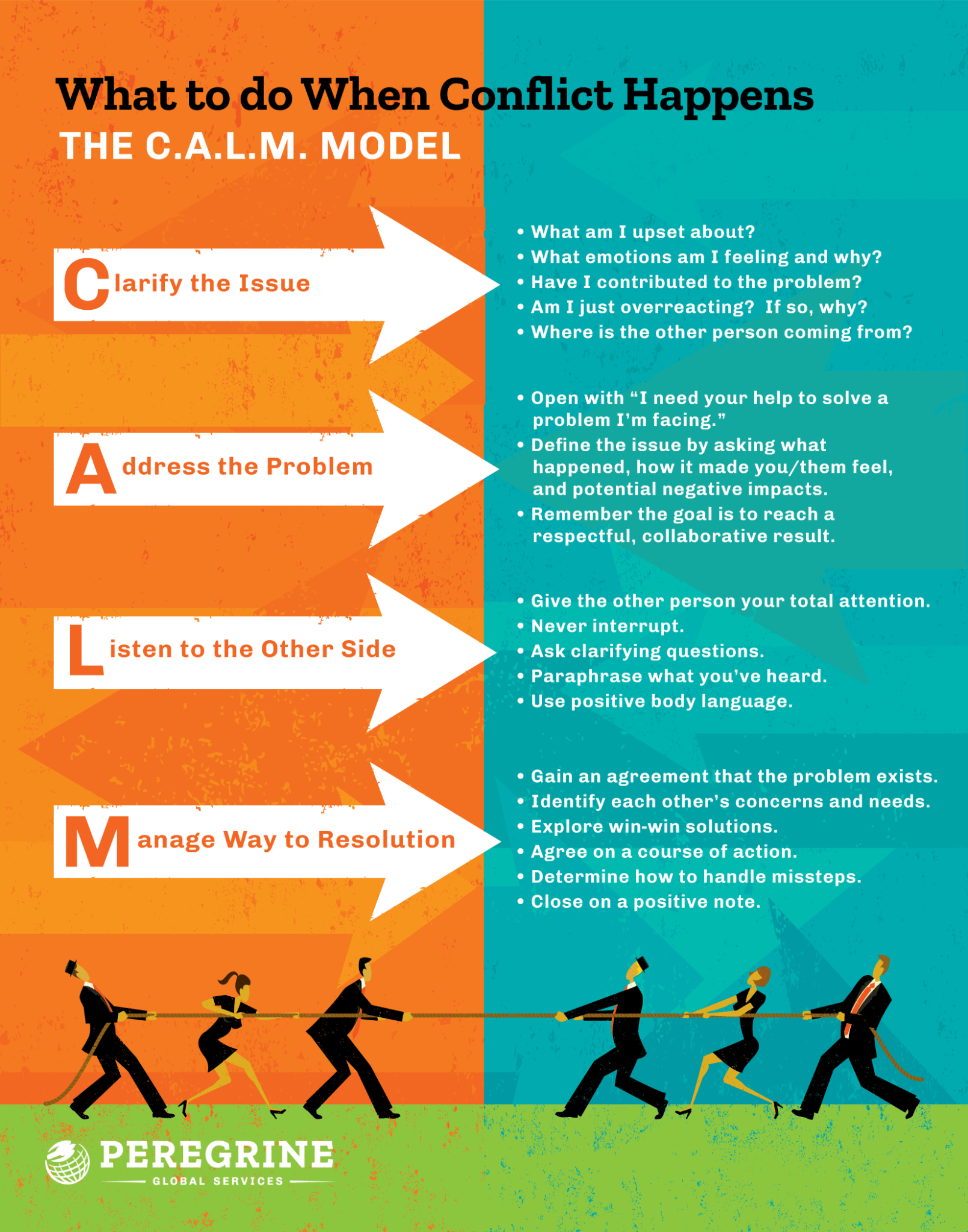

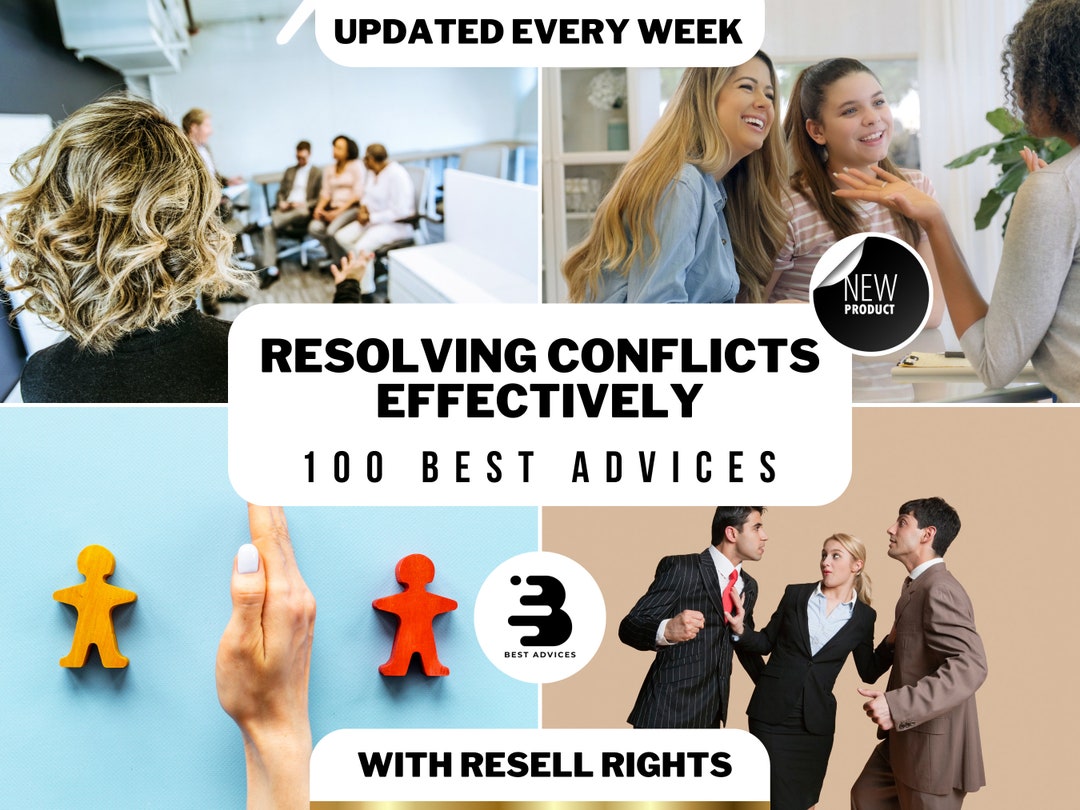


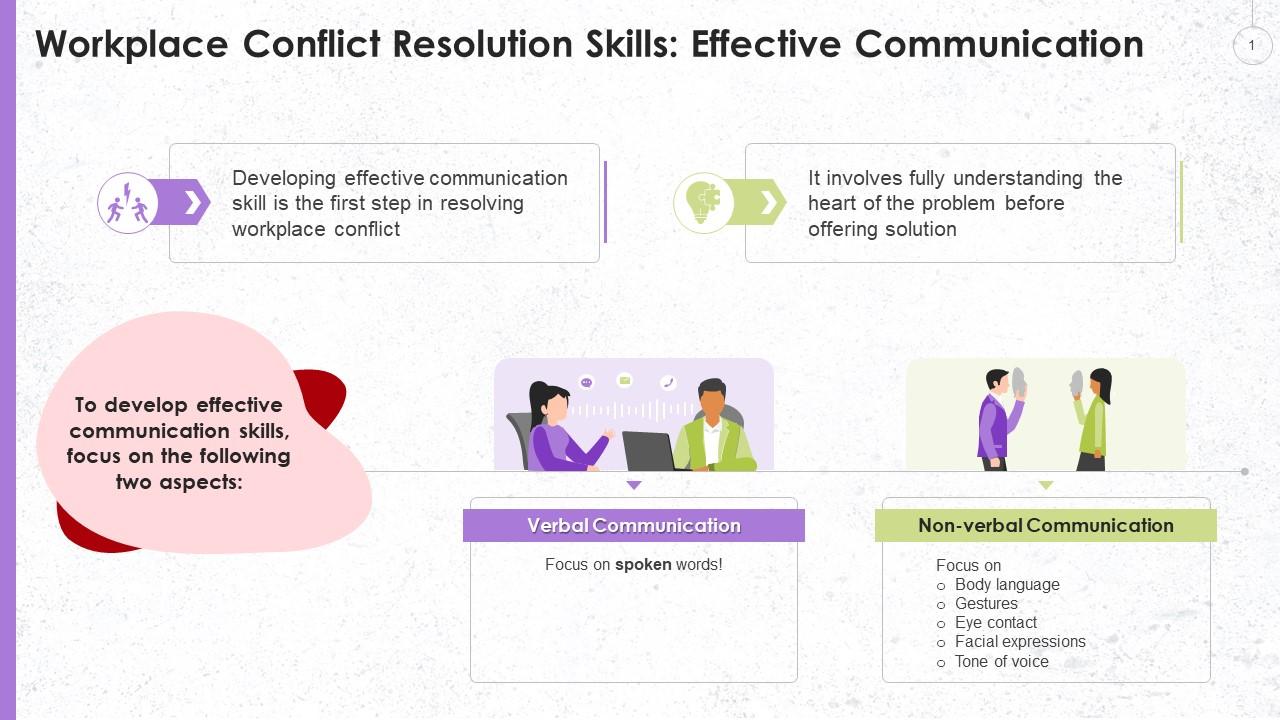
/conflict-resolutions-skills-2063739-FINAL-edit-ca87f7830bc74fab968f12c9afbb0321.jpg)


